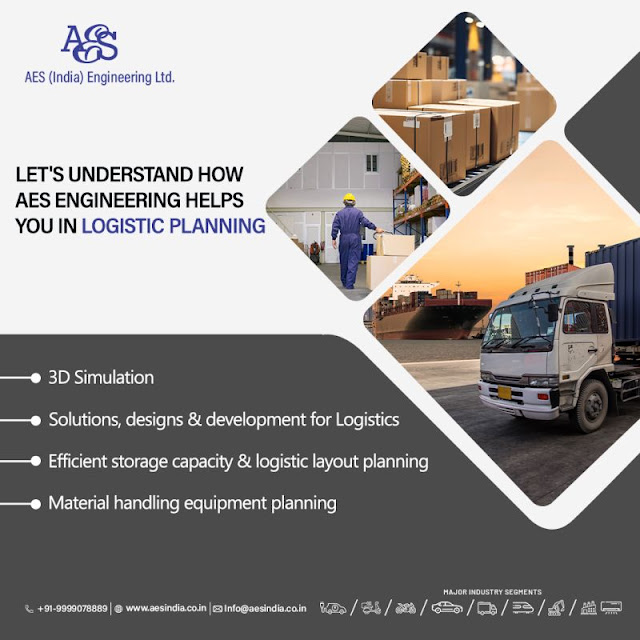The Key Elements Of A Successful Turnkey Material Handling Project
A turnkey material handling project involves the design, implementation, and management of a complete system for the movement, storage, and control of materials within a facility. From conveyor systems to automated storage and retrieval systems (AS/RS), AES turnkey solutions are designed to streamline operations, enhance efficiency, and optimize productivity. In this article, we will explore the key elements that contribute to the success of a turnkey material handling project, highlighting the importance of proper planning, collaboration, and system integration.
The foundation of any successful Turnkey Industrial Material Handling Solutions project lies in comprehensive planning. This involves conducting a thorough assessment of the facility, analyzing workflow processes, and understanding the specific material handling requirements. Key considerations during the planning phase include evaluating space constraints, determining equipment and technology needs, and establishing project timelines and budgets. A well-defined plan ensures that all aspects of the project are addressed, setting the stage for successful implementation.
Collaborative Approach:
A collaborative approach is vital for the success of a turnkey
material handling project. Effective collaboration involves close coordination
and communication between the project stakeholders, including the client,
project managers, engineers, and suppliers. Collaboration ensures that everyone
is on the same page, sharing their expertise and insights to develop a tailored
solution that meets the client's unique needs. Regular meetings, progress
updates, and feedback loops help maintain alignment and address any challenges
or changes that may arise during the project.
Customized System Integration:
A turnkey Services material handling project involves integrating various
components and technologies into a seamless system. Customized system
integration ensures that all equipment, software, and controls work together
harmoniously to achieve optimal performance. This may include integrating
conveyors, robotics, sorting systems, and warehouse management software. Proper
integration requires expertise in system design, programming, and testing to
ensure smooth operation and efficient material flow.
Quality Equipment and Technology:
The success of a turnkey material handling project heavily relies
on the quality and reliability of the equipment and technology used. Partnering
with reputable suppliers and manufacturers is crucial to ensure the delivery of
high-quality components that meet industry standards. From conveyors to lift
systems and automated picking solutions, investing in reliable equipment
enhances the efficiency, accuracy, and safety of material handling operations.
Thorough Testing and Training:
Before final implementation, thorough testing and training are
essential to validate the system's functionality and prepare the workforce.
Testing involves simulating real-world scenarios to identify and resolve any
potential issues or bottlenecks. Additionally, providing comprehensive training
to operators, supervisors, and maintenance staff ensures that they are
proficient in operating and maintaining the system effectively and safely.
Continuous Support and Maintenance:
Once the turnkey material handling system is operational, ongoing
support and maintenance are crucial to ensure its long-term success. Regular
maintenance, preventive inspections, and timely repairs help optimize system
performance and minimize downtime. Collaborating with a trusted service
provider ensures access to technical expertise, spare parts, and prompt
assistance whenever needed.
Conclusion:
A successful turnkey material handling project requires careful planning, collaboration, and system integration. By focusing on comprehensive planning, collaborative approaches, customized system integration, quality equipment and technology, thorough testing and training, and continuous support and maintenance, businesses can achieve efficient and streamlined material handling operations. Investing in a turnkey solution that addresses specific needs and aligns with industry best practices leads to enhanced productivity, reduced costs, and improved customer satisfaction. With proper execution and ongoing support, businesses can position themselves for long-term success in the ever-evolving world of material handling.




Comments
Post a Comment